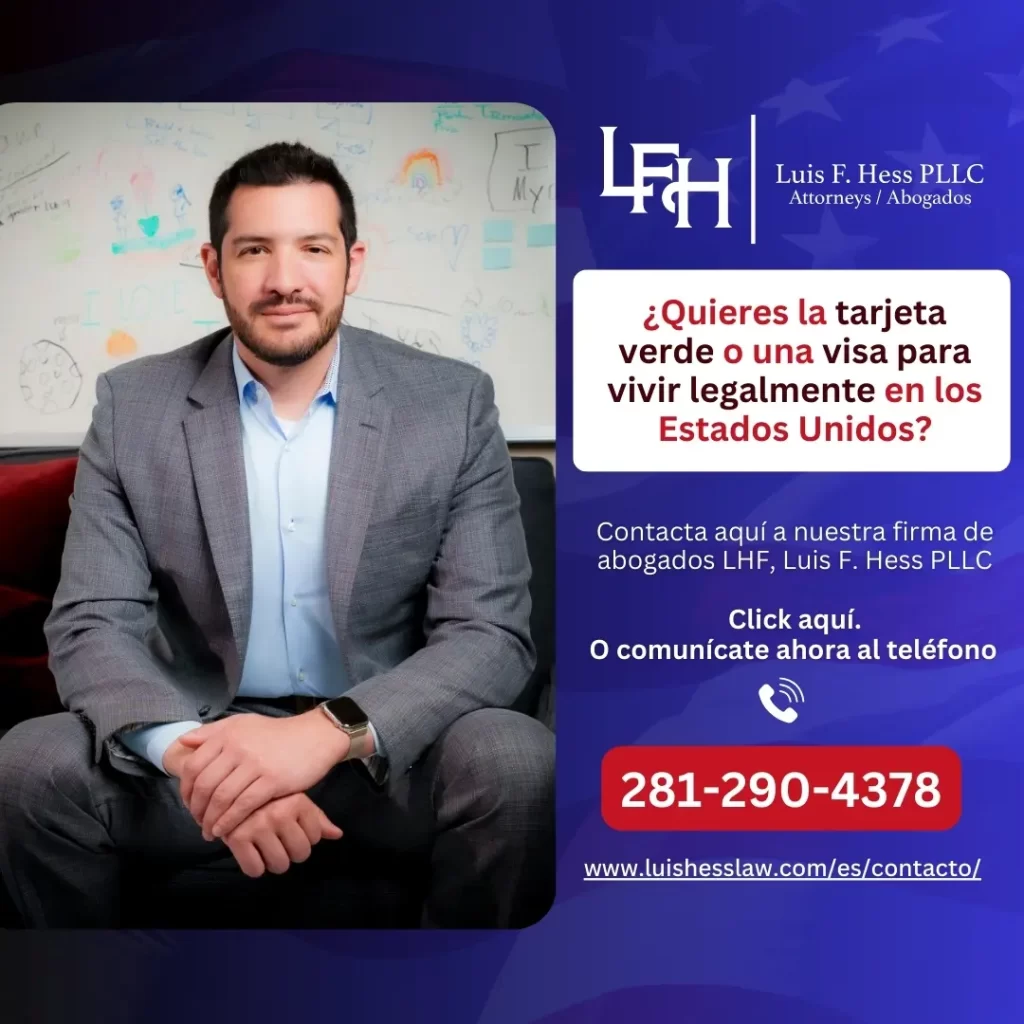Aymés Cervantes: A Story of Resilience and Hope in the Face of Human Trafficking in Houston
Texas has been identified as one of the states with the highest rates of human trafficking in the United States, according to the National Human Trafficking Hotline. Houston stands out as a hub for human trafficking due to its geographical location, proximity to the Mexican border, and its importance as a key port for trade and transportation. The Texas Department of Justice has documented over 2,000 cases of sex trafficking victims in the city in recent years, and the numbers continue to rise. Despite these alarming statistics, human trafficking remains a crime that is difficult to accurately measure, as many cases are never reported.
Aymés Cervantes, a young Mexican woman, has been a victim of human trafficking in Houston. WoodlandStories Magazine spoke with her. Her story, heartbreaking and filled with pain, is also a testimony of resilience and overcoming adversity. After living through a traumatic experience for more than four months, she has now become a key voice to alert others about the reality of this crime.
“I never suspected anything. I thought I was taking a normal job, but I was wrong,” she tells us, recalling how a simple job offer turned into her nightmare. Aymés, like many others, fell victim to a trafficking network by trusting an apparently legitimate job offer. “What human trafficking networks do is study your life, your vulnerabilities, and take advantage of them,” she says with a serious look, remembering how her financial need led her to accept a job that, unknowingly, would trap her in both psychological and physical captivity.
“I saw the ad, went to the interview, they told me I would be taking care of children, and I never suspected anything unusual. It wasn’t until they took me to a different house than the one, they had told me that I started to realize something was wrong,” she narrates, recalling the moment when she realized that something was amiss. At that point, Aymés lost all autonomy, and her life became a living hell.
“It’s like being in a prison, but not a physical one; it’s an emotional prison. You can no longer think for yourself, nor decide about your life or your body,” she explains, her voice breaking as she recalls the darkest moments of her captivity.
During her time under the oppression of her captors, Aymés was subjected to indescribable situations. “They forced me to attend to up to 10 clients a day. If you got sick, they wouldn’t let you rest; you couldn’t do anything against their will.” Amid all this, she was threatened with death, and her family, thousands of miles away, was used as a tool of pressure.
“One of the ways they control you is through threats. They say, ‘We know where your family is, we know you have children,’ and that makes you feel completely vulnerable. You no longer have control over anything,” she shares, as she relieves the intense psychological threats she was subjected to.
The situation worsened when Aymés discovered she was pregnant. “They told me I had to abort, but also that I had to keep working. Not only did they make me feel like an object, but they also denied me any rights over my body.” This new emotional reality was a devastating blow for her, already struggling with her captivity. However, amidst so much suffering, “that baby, whom I named Gabriel, was the angel who gave me the strength to move forward and escape.”
Aymés never gave up. “My mind always told me I had to escape, even though I didn’t know how or when, but one day I would make it,” she recalls, her face reflecting the determination with which she fought to regain her freedom.
The escape happened at the most unexpected moment. After receiving medical attention, she was given the opportunity to return to her “home,” but “that was my chance. During the transfer, I asked for help from a volunteer and managed to escape, leaving the terror behind.”
“This testimony is not just for women, but also for men and families. No one is exempt from being a victim of human trafficking. What happened to me can happen to anyone, no matter your social level or education,” she assures, issuing an urgent warning to everyone who thinks this reality only happens to others.
“If we don’t pay attention to the signs, if we don’t educate our children and ourselves about the dangers that exist, we’re leaving the door open for trafficking networks,” she adds.
Aymés also calls out to those who consume pornography or sexual services. “Every time you pay for these services, you may be indirectly contributing to human trafficking. Not everything that seems like a legitimate business is.”
“The healing process has been long. I’ve had to learn to forgive myself and redefine my life. My daughter gave me the strength to do so. Today I can say that I am a survivor, not a victim,” she concludes, showing herself firm and optimistic about her future.
“There is something bigger than all of this: faith. Faith in God and in ourselves. Faith gives us the strength to move forward, no matter how difficult the road may be.”
“The message is clear: we can all overcome any difficult situation. But we must be alert because we are all vulnerable. If there’s one thing I’ve learned, it’s that human trafficking is real, it’s happening, and it’s closer than we imagine,” she ends with determination.
Aymés Cervantes’ testimony is an urgent call to reflect on the reality of human trafficking, to educate our families, and to stay vigilant against this devastating crime.








